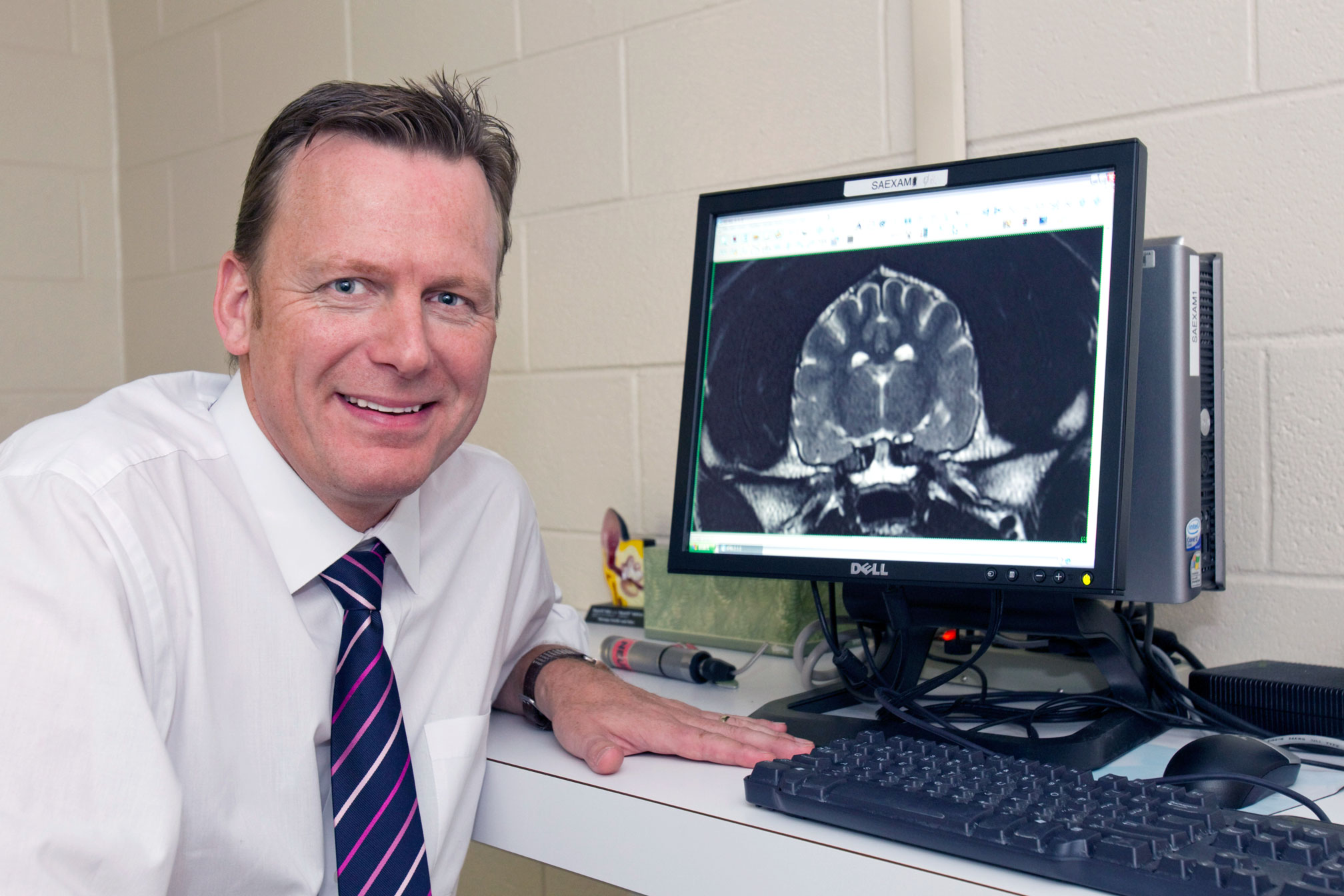Seventeen faculty projects designed to improve teaching recently were funded through grants provided by the Office of the Vice President for Instruction.
Each of the Summer 2014 Innovative Instruction Faculty Grants provides $5,000 for faculty to improve teaching and learning through innovative instructional projects, such as the redesign of course curricula and materials, integration of new techniques or pedagogical strategies for a course or exploration of a new instructional technique. The projects also focus on faculty improving instruction in high-demand courses (large lecture classes, courses involving multiple sections, general education courses, etc.), as well as those that integrate instructional technology.
“For the third consecutive year we received an extensive number of project proposals from our faculty for the annual innovative instruction grants,” said Laura Jolly, vice president for instruction. “This year’s submissions were highly competitive and demonstrated a keen interest in technology and open access to materials to enhance the student learning experience, as well as improving learning in large lecture classrooms. Many of these projects support current campus initiatives and provide strong evidence of the faculty’s commitment to improving teaching and learning and expanding beyond traditional instruction methods.”
A total of 86 proposals were received and reviewed by three faculty members outside the college from which the proposals were submitted. The funded projects were:
• Mark Abbe, Franklin College of Arts and Sciences: “Re-seeing Antiquity: Incorporating Digital Technology in the Ancient Art History Survey”;
• Norris Armstrong, Franklin College: “Vision and Change in Introductory Biology: Developing a Peer Mentoring Program to Support Active Learning in a Large Lecture Course”;
• Catherine A. Bourg and Gin Fleming, College of Pharmacy: “The Use of TurningPoint Technology to Integrate Case-Based Instruction into Disease State Management, a Second-Year Course in the Doctor of Pharmacy (Pharm.D.) Curriculum”;
• Melinda S. Camus and Bridget C. Garner, College of Veterinary Medicine: “Creating a Digital Hematology and Cytology Archive for Use in Instruction of Veterinary Clinical Pathology”;
• Tina D. Carpenter, Terry College of Business: “Fraud Investigation: A Hands-On Experience”;
• Jonathan Eggenschwiler, Brian Condie and Karl Lechtreck, Franklin College: “Collaborative Undergraduate Research in Advanced Molecular Genetics and Cellular Biology”;
• Robert A. Greer, School of Public and International Affairs: “Case-Based Active Learning Strategies for Public Budgeting and Finance”;
• DeLoris Wenzel Hesse, Franklin College: “Improving Content Uniformity and Learning Outcomes Through Creation and Use of Vodcast ‘Walking Tours’ of Human Anatomy”;
• Nathan Jenkins, College of Education: “Flipping the Exercise Physiology Classroom to Enhance Student Learning”;
• Wan-I Oliver Li, College of Veterinary Medicine: “A More Interactive Approach for Teaching VPHY3100 (Elements of Physiology)”;
• Ilse Mason, College of Education: “Transformation of Basic Physical Education Curriculum Using Open Educational Resources”;
• Richard Menke, Franklin College: “Networking the Nineteenth-Century Novel: David Copperfield Beyond the Page and the Classroom”;
• Patricia Moore, Franklin College: “Vision and Change in Introductory Biology: Implementing Digital Resources to Improve Active Learning in a Large Lecture Course”;
• Simon Platt, Marc Kent and Allison Haley, College of Veterinary Medicine: “Development of an Open Access Video Case-Based Teaching Site for Veterinary Medicine Faculty”;
• Siddharth Savadatti, College of Engineering: “Flipping Statics: Inculcating Habits of Prior Preparation and Active Participation Early On in the Engineering Curriculum”;
• Xianqiao Wang, College of Engineering: “Computational Simulations: Deciphering Abstruse Equations in Science and Engineering Education”; and
• Sarah Zenti, College of Family and Consumer Sciences: “Technology (in)Design: Integrating Three-Dimensional Technology into the Design Process.”


